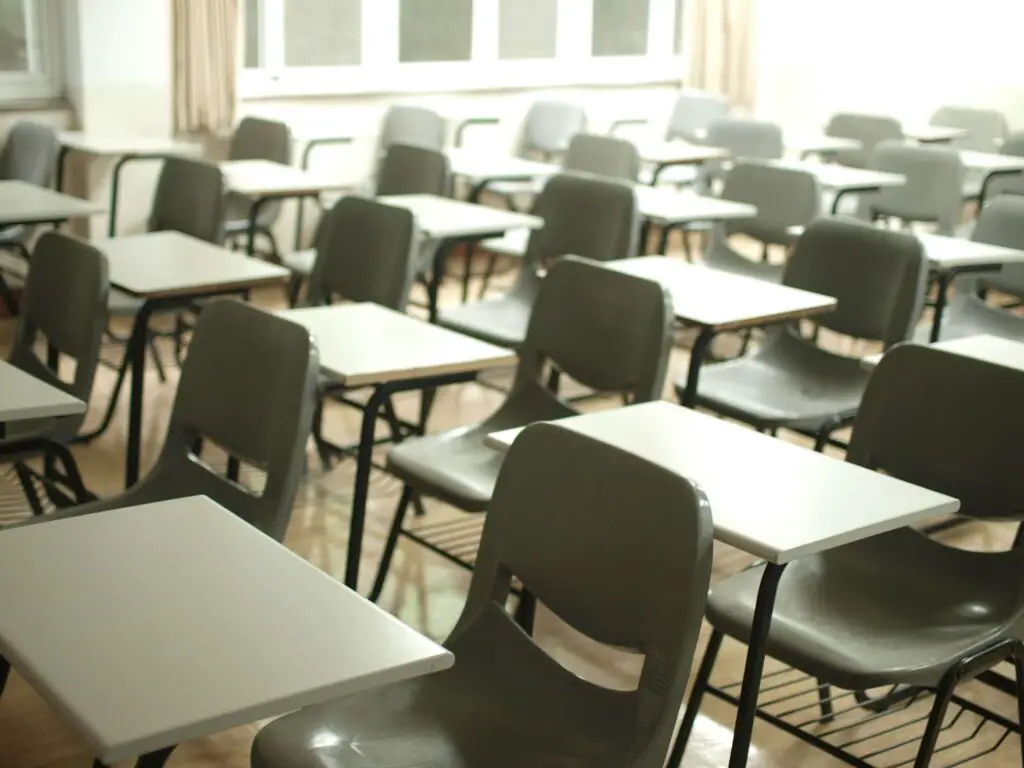Taking kids out of school for vacation can be a decision that requires careful consideration, as it may impact their education and attendance. Opinions vary widely on whether this is appropriate, allowed, or advisable. Even though I now have a high school student, throughout my children’s education, we have been able to manage extended trips which allowed for us to travel when convenient and cost-effective.
 Here are some tips to help make the process smoother:
Here are some tips to help make the process smoother:
- Check school policies: Start by reviewing the school’s attendance policy and regulations regarding absences. Some schools have strict guidelines about when absences are considered excused or unexcused. Your school might have guidelines for giving notice and timeframes in order to receive a response.
- Plan in advance: Try to plan your vacation well in advance to minimize disruption to your child’s schooling. This allows you to discuss the absence with teachers and make arrangements for missed assignments or exams. I recommend looking at last year’s calendar and school communication from the timeframe you plan to travel in addition to this year’s school calendar. Particularly for older students, missing the end of a quarter, testing, or other important events may be difficult to make up for in the necessary timeframe.
- Communicate with teachers: Inform your child’s teachers about the planned absence as early as possible. Discuss how your child can stay up-to-date with their coursework and if there are any assignments or exams they will miss. Check out this article with specific communication examples for teachers and administrators.
- Make a learning plan: Work with your child to create a plan for keeping up with schoolwork while on vacation. This might include bringing textbooks, worksheets, or a laptop for online assignments. Encourage your child to spend some time each day on educational activities to prevent falling behind. We have always spent time on this work while flying or driving. For younger students, general workbooks that practice grade level skills can help to keep an education focus for easy transition. And don’t forget to pack books to read aloud on for your child to read on their own.
- Utilize educational opportunities: Turn the vacation itself into a learning experience. Visit museums, historical sites, or nature reserves where your child can learn about different subjects in a hands-on way. This is by far the most redeeming part of taking kids out of school for a trip. Most of our major trips have been more “travel” and less “vacation”, meaning we weren’t spending time on a beach at an all-inclusive. Our children have been able to share stories from their adventures, keep journals, etc. Most educators and administrators will appreciate the value of this type of travel.
- Schedule strategically: Whenever possible, try to plan your vacation during school breaks or holidays to minimize the impact on your child’s education. Because our Spring Break falls in March, it is still the shoulder season in many places that become more expensive in warmer weather. Adding additional days off around a planned break can make larger scale trips more feasible.
- Consider educational alternatives: If your child will be missing a significant amount of school, you might consider alternative educational options such as homeschooling or enrolling them in a distance learning program for the duration of the trip. Post-pandemic, everything is an option. Older students might find it more difficult to hope in and out of structured schooling, but longer term alternatives or an alternative year for a younger learner may allow just want you need for whatever travel opportunities are on your docket.
- Encourage responsibility: Teach your child about the importance of balancing fun with responsibilities. Emphasize the value of education and the importance of staying on track with schoolwork even while on vacation. Even on your trips, there is opportunity to demonstrate executive function skills, responsibility, and prioritization.
- Follow up with school: Upon your return, touch base with your child’s teachers to ensure they are caught up with any missed work and to address any concerns about their academic progress. Make sure to check any online portals for outstanding grades until your child is caught up. Don’t be afraid to email teachers of younger students to offer to collect any worksheets that need to be completed at home.
 Remember that while vacations are important for family bonding and relaxation, maintaining a balance with education is crucial. By planning ahead and communicating effectively with your child’s school, you can help minimize the impact of taking them out of school for vacation. These tips won’t work for every family. There are occassions when a student just needs to keep the structure in place in order to succeed. That’s the beauty of parenting, knowing what is best for your child and being able to help them exercise it.
Remember that while vacations are important for family bonding and relaxation, maintaining a balance with education is crucial. By planning ahead and communicating effectively with your child’s school, you can help minimize the impact of taking them out of school for vacation. These tips won’t work for every family. There are occassions when a student just needs to keep the structure in place in order to succeed. That’s the beauty of parenting, knowing what is best for your child and being able to help them exercise it.

